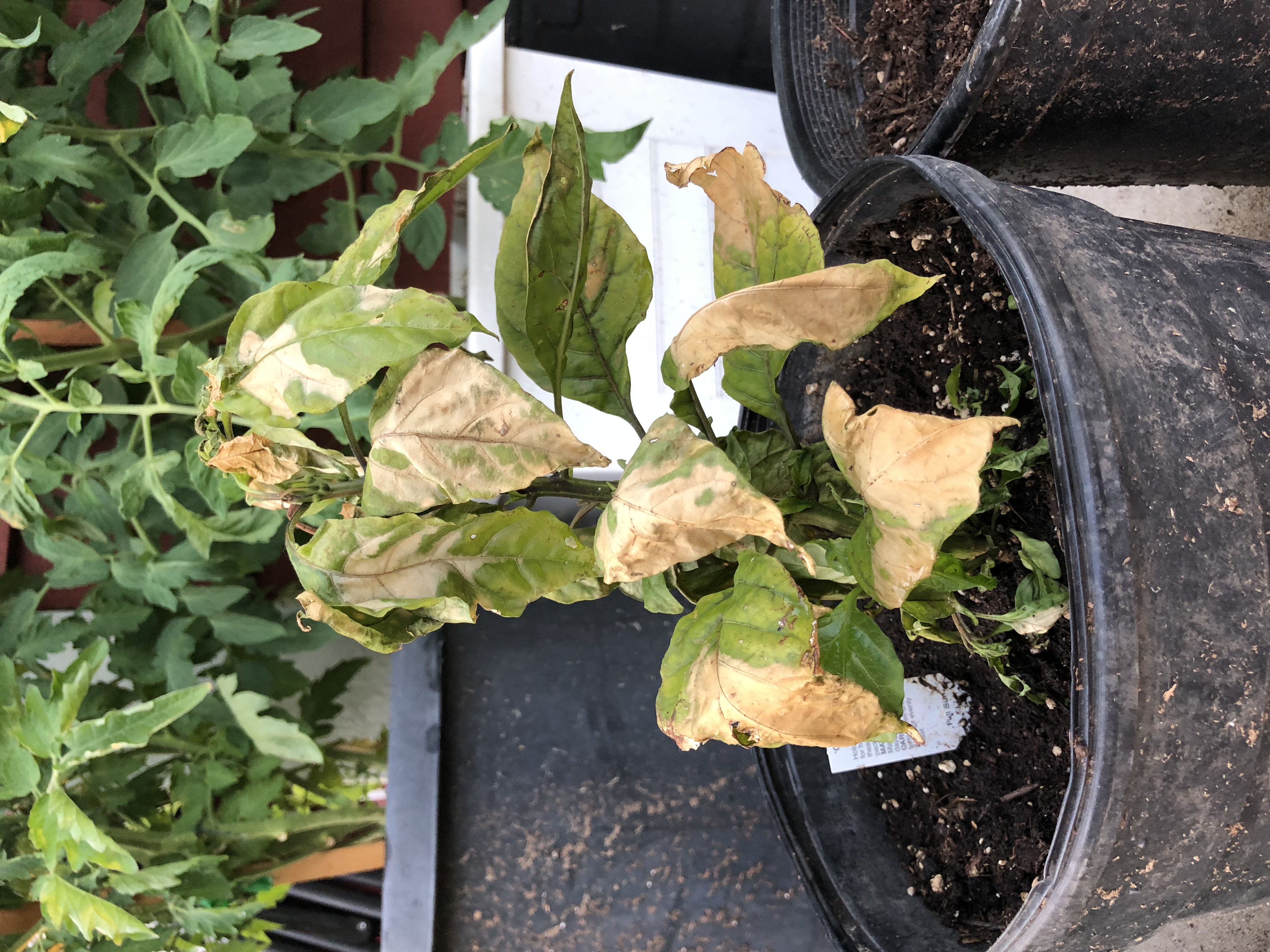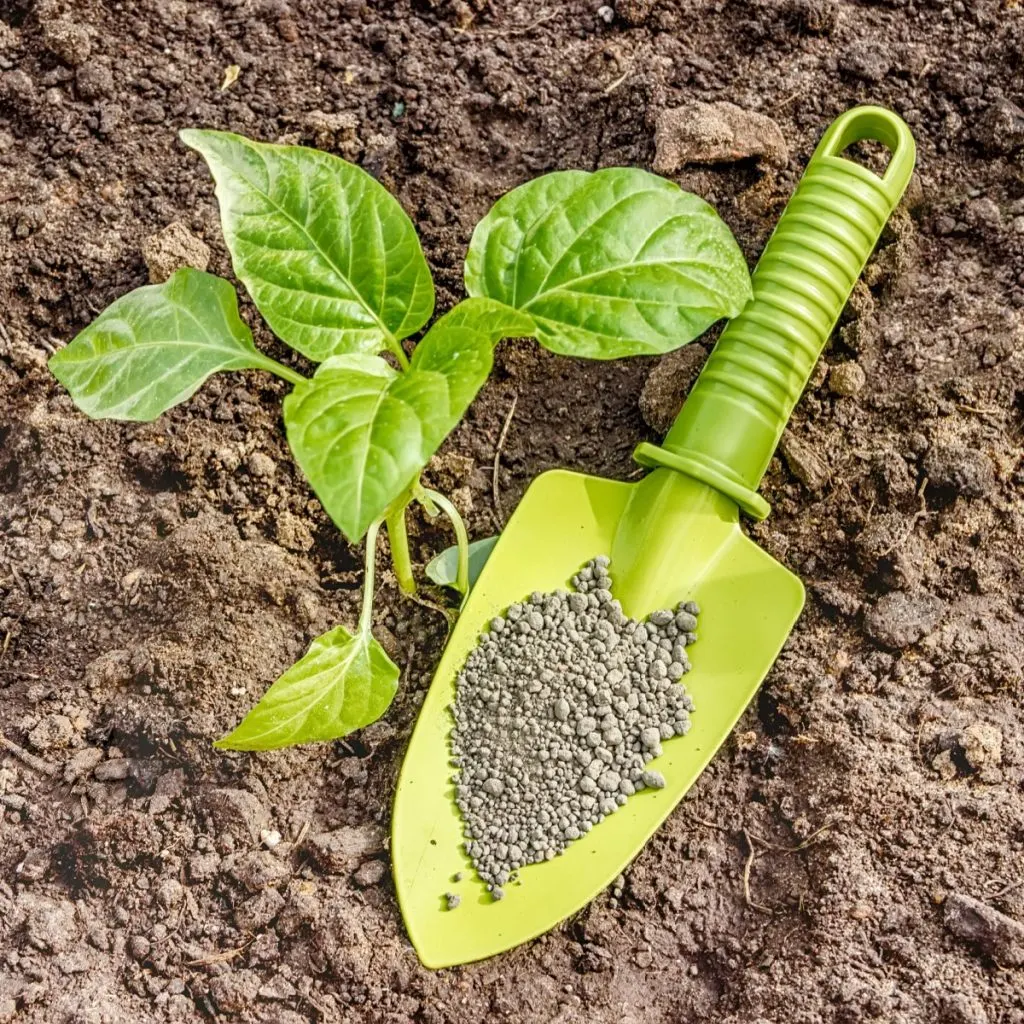Organic Vs. Synthetic Fertilizers: Which Is Best for Nurturing Healthy Pepper Plants?
In the world of nurturing healthy pepper plants, the selection between artificial and natural plant foods stands as a crucial choice with far-reaching ramifications. While both options objective to supply vital nutrients to sustain plant growth, the subtleties of their influence on the soil, plant health and wellness, and the environment stimulate a debate that mirrors throughout the gardening community. Recognizing the unique advantages and prospective pitfalls of each fertilizer kind is crucial for pepper growers seeking to optimize their yields while preserving a lasting and eco-conscious method.
Advantages of Organic Fertilizers
Organic plant foods supply a sustainable and environmentally-friendly technique to nourishing pepper plants, giving important nutrients without the use of artificial chemicals. These all-natural plant foods are originated from natural resources such as garden compost, manure, bone dish, and algae, advertising soil health and biodiversity. Unlike synthetic plant foods, organic options launch nutrients slowly, making sure a stable and balanced supply for pepper plants to thrive.
One substantial advantage of natural fertilizers is their capacity to boost soil framework and water retention. By improving soil health and wellness, natural fertilizers promote valuable microbial task, which assists in nutrient uptake by pepper plants. In addition, natural fertilizers lower the threat of chemical run-off, safeguarding water resources from air pollution and securing the environment.
In addition, natural plant foods add to long-term soil fertility by advertising the growth of valuable dirt organisms. These organisms help break down natural issue, launching nutrients in a form that is easily accessible to pepper plants. best fertilizers for peppers. By promoting a healthy and balanced soil ecosystem, organic fertilizers support lasting pepper farming practices that benefit both plants and the environment
Downsides of Artificial Plant Foods
Artificial plant foods, in comparison to their natural equivalents, present different downsides when made use of to nurture pepper plants, impacting both plant health and wellness and ecological sustainability. One major downside of synthetic fertilizers is their propensity to leach nutrients from the soil promptly. This fast leaching can bring about nutrition inequalities in the dirt, causing plants to deal with toxicities or deficiencies. In addition, artificial plant foods can hurt helpful soil organisms, such as earthworms and beneficial bacteria, interfering with the dirt environment's balance.
Furthermore, the overuse of synthetic fertilizers can contribute to water air pollution. Excess plant foods not absorbed by plants can get rid of into water bodies, bring about eutrophication, where algae flowers diminish oxygen degrees in the water, hurting marine life. Furthermore, synthetic fertilizers are generally derived from non-renewable resources, such as nonrenewable fuel sources, adding to carbon discharges and environmental destruction throughout their production.
Nutrient Absorption Comparison
When comparing natural and artificial fertilizers in terms of nutrient absorption, natural fertilizers have the advantage of providing a much more well balanced and slow-release resource of nutrients. Organic fertilizers consist of a variety of macro and micronutrients that are not only beneficial for the plants but likewise promote healthy and balanced dirt microbial activity, which assists in nutrient uptake.
Furthermore, natural fertilizers boost dirt framework and water retention ability, enabling pepper plants to accessibility nutrients extra effectively. This improved soil quality facilitates root development, making it possible for better nutrient absorption. Artificial fertilizers, although originally enhancing plant growth because of their high nutrient concentrations, may prevent long-term nutrient absorption by derogatory dirt wellness in time.
Environmental Impact Considerations

On the various other hand, synthetic plant foods, although frequently even more focused and right away available to plants, can have destructive effects on the setting otherwise used correctly (best fertilizers for peppers). Their production requires high power inputs, bring about greenhouse gas discharges and adding to climate modification. The drainage of excess synthetic plant foods can contaminate water sources, leading to eutrophication and harming marine ecological communities.
Finest Fertilizer Practices for Peppers
When feeding pepper plants, maximizing nutrient uptake and reducing environmental effect are essential considerations. To accomplish this, it is necessary to comply with finest fertilizer practices customized to the certain needs of pepper plants. One important practice is to carry out a soil test before using any kind of fertilizers. This test can establish the pH degree of the dirt and determine any nutrient shortages, assisting you in selecting one of the most ideal plant food solution.
One more vital technique is to fertilize pepper plants at the ideal time. Normally, peppers profit from receiving plant food at growing and after that again when they start to flower. Over-fertilizing can result in nutrient imbalances and hurt the plants, so it is essential to follow advised application rates.
Additionally, selecting a balanced fertilizer with an NPK ratio that matches pepper plants' requirements is fundamental. Organic fertilizers, such as garden compost or manure, can be exceptional choices as they release nutrients slowly and enhance soil structure in time. Artificial plant foods can offer a quick nutrient boost why not try here when needed. Eventually, incorporating organic and artificial fertilizers deliberately can assist support healthy pepper plants while reducing ecological influence.
Verdict

Organic fertilizers offer a sustainable and environmentally-friendly approach to nourishing pepper plants, offering essential nutrients without the use of synthetic chemicals. Unlike artificial fertilizers, organic alternatives launch nutrients slowly, making sure a stable and well balanced supply for pepper plants to prosper.
Artificial plant foods, in contrast to their organic equivalents, posture different drawbacks when used to nurture pepper plants, affecting both plant health and ecological sustainability. When comparing organic and artificial plant foods in terms of nutrient absorption, organic plant foods have the benefit of giving a much more balanced and slow-release resource of nutrients.Furthermore, natural fertilizers enhance soil framework and water retention capacity, enabling pepper plants to gain access to nutrients extra successfully.